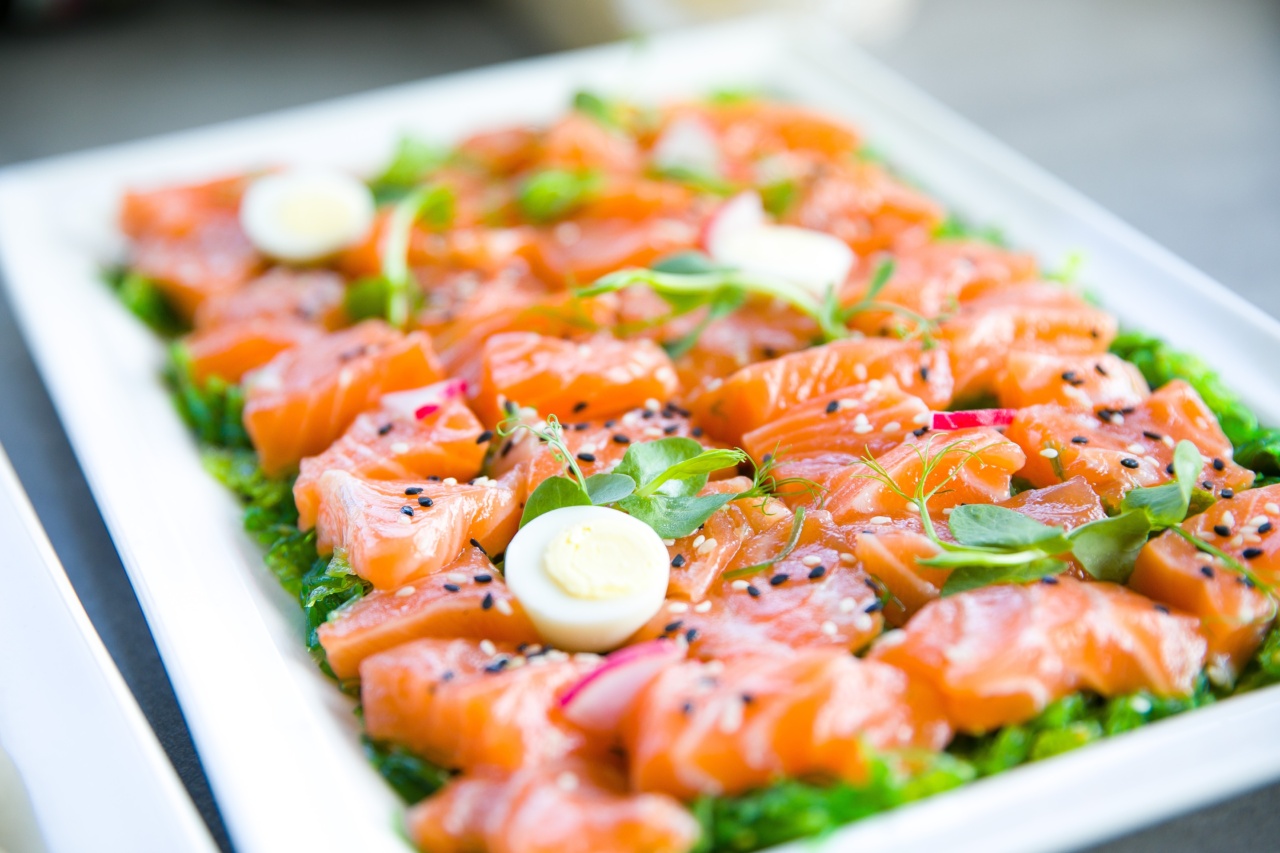Reino Syndrome is a rare genetic disease that affects the small blood vessels in the body. People with Reino syndrome may experience symptoms such as muscle weakness, pain, and cramps, especially after exercise.
A proper diet can help manage these symptoms and improve overall health. Here’s what to include in a diet for Reino Syndrome:.
1. Omega-3 rich foods
Omega-3 fatty acids are essential for reducing inflammation in the body. Foods high in omega-3 include fatty fish, such as salmon, mackerel, and tuna, as well as flaxseeds, chia seeds, walnuts, and soy products.
2. Antioxidant-rich fruits and vegetables
Antioxidants can help protect the body from oxidative stress, a process that can contribute to muscle damage in people with Reino Syndrome. Examples of antioxidant-rich foods include blueberries, strawberries, raspberries, kale, spinach, and broccoli.
3. Complex carbohydrates
Complex carbohydrates provide sustained energy for exercise and everyday activities. Examples of complex carbohydrates include whole grain bread, pasta, rice, and legumes such as lentils and beans. These also provide important minerals and fiber.
4. Lean protein
Protein is essential for muscle health and recovery. However, some types of protein, such as red meat, can contribute to inflammation. Opt for lean protein sources such as chicken, turkey, fish, eggs, and tofu.
5. Calcium and vitamin D
Calcium and vitamin D are essential for maintaining bone health. People with Reino Syndrome may be at increased risk for osteoporosis or bone fractures.
Dairy products, green leafy vegetables, and fortified foods such as orange juice and cereal are good sources of calcium. Vitamin D can be synthesized from sunlight, and is also found in fatty fish and fortified foods such as milk and cereals.
6. Electrolytes
Electrolytes are minerals that help maintain fluid balance in the body. People with Reino Syndrome may lose electrolytes through sweating during exercise. Good sources of electrolytes include bananas, avocados, nuts, and sports drinks.
7. Hydration
Proper hydration is essential for good health, especially during exercise. Aim to drink plenty of water throughout the day, and consider sports drinks or coconut water during or after intense exercise sessions.
Avoid sugary drinks and excessive alcohol consumption, as these can contribute to inflammation.
8. Foods to Avoid
People with Reino Syndrome may be sensitive to certain foods or additives that can exacerbate symptoms. Some common triggers include caffeine, alcohol, processed foods, and refined sugars.
Artificial sweeteners and preservatives may also contribute to inflammation. Try to limit or avoid these foods as much as possible.
9. Balanced Diet
Ultimately, a balanced diet is key for managing Reino Syndrome and improving overall health. A variety of fruits, vegetables, whole grains, lean proteins, and healthy fats can provide the nutrients needed for optimal health.
Consulting with a registered dietitian or healthcare provider can help tailor a diet specific to an individual’s needs and goals.
10. Conclusion
Reino Syndrome can be challenging to manage, especially when it comes to exercise and physical activity. However, a healthy diet can help reduce symptoms and improve overall health.
Focusing on nutrient-dense foods and limiting triggers can help individuals with Reino Syndrome maintain a high quality of life.





























